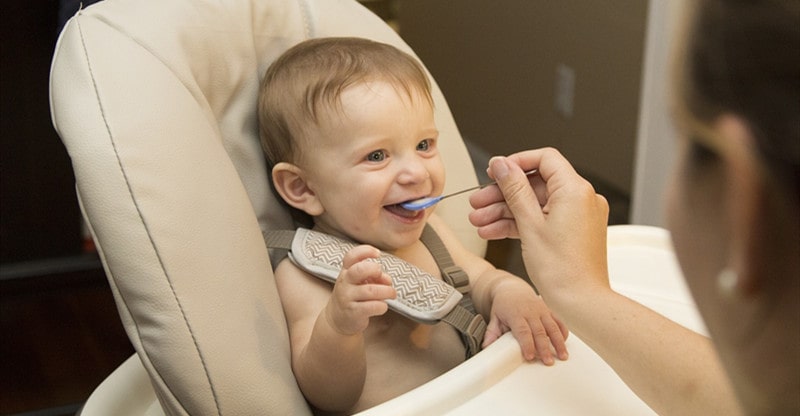6 Parenting Tips for Raising Smart Babies
As a parent, you want the absolute best for your child. You want to pamper and spoil them, you want them to be healthy and happy, and secretly, you also want them to be absolutely brilliant.
Raising a smart baby is not only achievable, but it’s really fun to do! With simple adjustments to everyday routines, you can help build a love of learning in your little one.
From sound and sight to touch and smell, a baby’s brain develops through many different kinds of experiences. This gives you a world of options when it comes to teaching your child.
With a little patience and a lot of hands-on parenting, you can make learning fun and encourage your child to develop healthy habits. Keep reading to get our best parenting tips for raising a brilliant baby.
1. Breastfeed for at Least Two Years
If you’ve done any research about breastfeeding, you know that breast milk is the gold standard for infant nutrition. It has been shown to promote a healthy weight, helps the uterus contract after birth, provides important nutrition and antibodies for infants and may even reduce their risk of disease. But, did you know that breastfeeding may also make your child smarter?
Studies in the Springer Journal found that there is “evidence for a link between breastfeeding experience and cognitive development later in life, including improved memory retention, greater language skills, and intelligence.”
The research goes on to say that children who breastfed for at least six months scored the highest in verbal intelligence and children who never breastfed scored the lowest. In fact, children who never breastfed were more likely to have specific language impairments than those who were breastfed immediately after birth.
In short, if you want smarter kids, make sure you breastfeed for six months to two years.
2. Eat Meals Together
Another one of the best parenting tips for raising smarter kids is to eat your meals together as a family.
Family mealtime is very important for children’s development, especially in their early years. Studies show that eating meals together contributes to a child’s linguistic and cognitive development and supports their learning to read and write.
Eating your meals together is also a great opportunity to get to know your little ones better and strengthen your parent-child bond.
3. Limit Screen Time
Studies show that children perform better mentally and academically when they have two hours or less of screen time each day.
Many parents worry that the internet, video games, and smart devices will negatively affect their child’s growth and development. While it is good to keep screen times to a minimum, it’s also important to recognize healthy habits online. For example, research proves that surgeons who play video games make 37 percent fewer errors on the job.
4. Have a Smart Diet
A great diet can improve your child’s mental capabilities. CBS News reports that children who had a healthy amount of fish in their diet reported higher IQs than children who never ate fish. They also had better sleeping patterns.
Children learn from your habits. For example, children are more likely to smoke if they witness their parents smoking. Similarly, if you have nutritious eating habits that you seem to enjoy, your children are more likely to develop healthy eating habits.
5. Keep Your Marriage Healthy
This may not seem like one of the most important parenting tips out there, but it definitely plays its part. Not only will maintaining a healthy marriage contribute to your child’s overall happiness and security, but did you know it can also affect their social and academic behavior?
Studies show that children of divorce have lower measures of academic achievement including lower GPAs and a lower likelihood of attending college or university.
You can ensure your marriage stays healthy and happy by having a regular date night with your spouse, making quality time for one another, and maintaining emotional and physical intimacy in your relationship.
6. Make Music a Part of Your Child’s Life
There are many studies suggesting that listening to music from within the womb stimulates the fetus’ brain and contributes to intellectual growth.
Music can continue to engage children the older they get. In fact, studies done by the Frontiers in Neuroscience journal found that “children who undergo musical training have better verbal memory, second language pronunciation accuracy, reading ability and executive functions.”
Conclusion
If you want your child to grow up brilliant, be sure to communicate openly, play mind-expanding games, pay attention to your diet, breastfeed, and limit your child’s screen time during their early years. By following these parenting tips you’ll be well on your way to raising your baby to be a smart, thoughtful individual.




